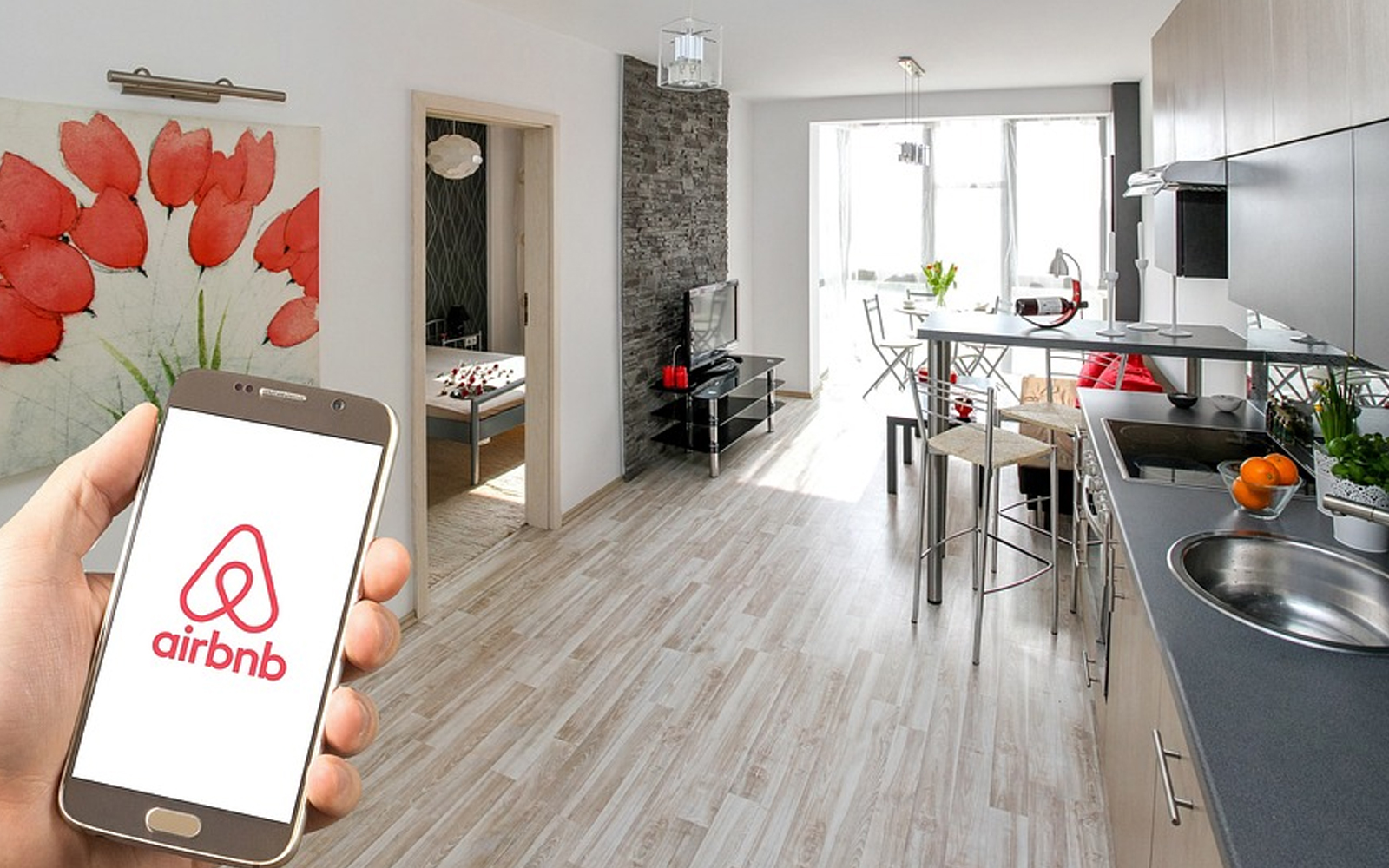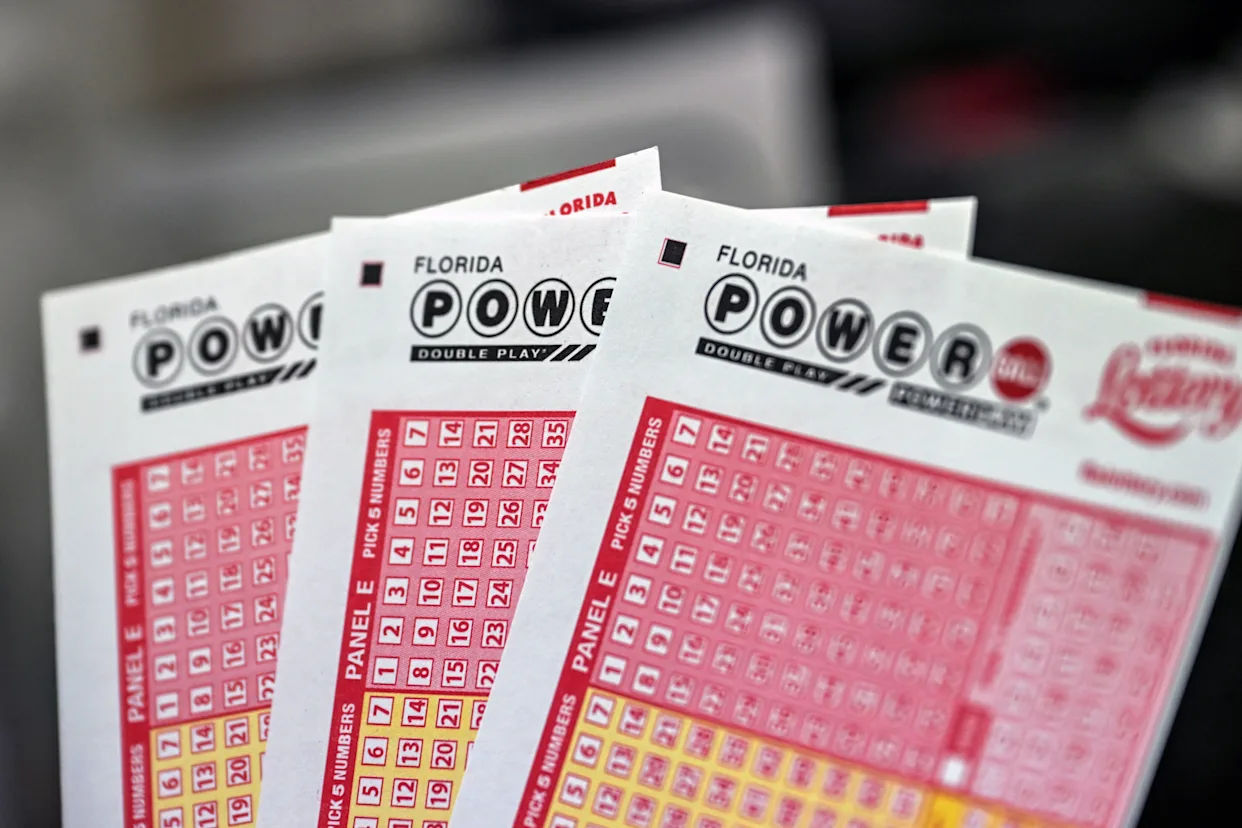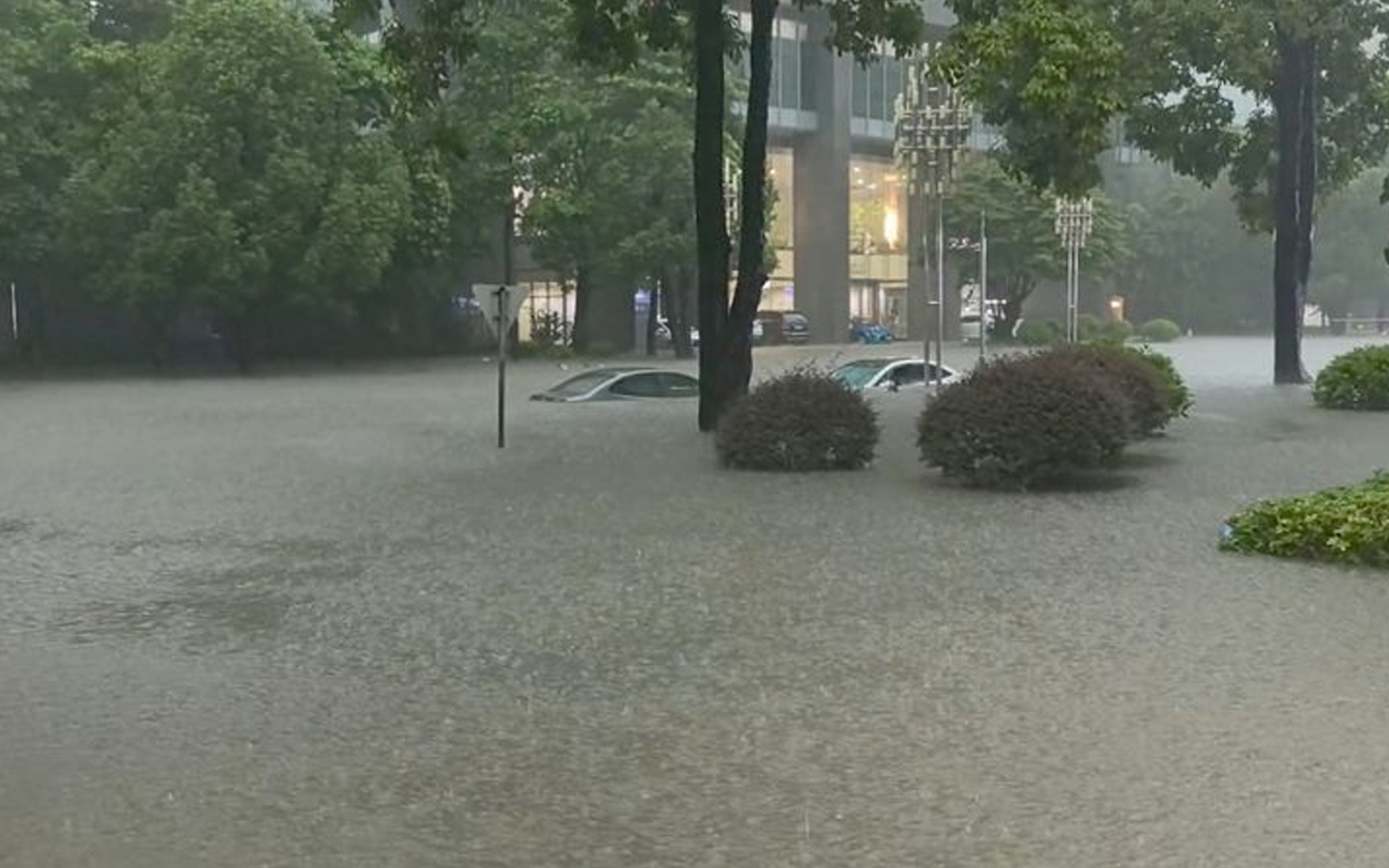
Cities across Europe are pushing for tougher regulations on short-term rentals, such as those offered through Airbnb, as these rentals are seen as reducing the availability of housing for residents.
The issue is particularly pressing in cities like Brussels, where authorities are aiming to curb the impact of these short-term accommodations on the housing market. A recent report by RTBF highlights how short-term rentals are exacerbating housing shortages by taking properties off the market for long-term rentals or sales, especially in popular neighborhoods.
In Brussels, it’s estimated that around 0.5% of all housing units are officially “blocked” from the market due to short-term rental use. This figure is likely higher when accounting for illegal listings that operate under the radar. In response, the Brussels regional government has tightened the rules for converting residential properties into furnished tourist accommodations, like those listed on Airbnb. Property owners must now obtain urban planning certificates for such conversions, which is a challenging process.
This regulatory tightening has been challenged in court by the Short-Term Rental Association (STR), which represents the interests of individuals and professionals in the non-hotel tourist accommodation sector. According to the investigative site Inside Airbnb, there are 6,119 such listings in the Brussels region, with 72.5% being entire homes or apartments available for short-term stays and 26.4% being private rooms rented within households. On average, these properties are rented for 88 nights per year at an average rate of 108 euros per night, with most concentrated in the city’s most tourist-heavy areas. The average income for a host in Brussels is estimated to be around 8,550 euros annually.
The regional government in Wallonia is also attempting to set limits on Airbnb. Last March, it announced that hosts offering short-term rentals must be registered. In Wallonia, there are an estimated 20,000 Airbnb listings, but only 5,000 of these have the necessary permits.
At the EU level, the regulation of short-term rentals is also advancing. In February, members of the European Parliament voted for greater transparency on short-term rental platforms and for measures to curb illegal rentals, with penalties for platforms or hosts that do not comply with EU-wide rules.
The impact of Airbnb on housing markets has sparked protests in several cities. In early July, thousands of residents in Barcelona protested against the rising cost of living, which they partly attribute to Airbnb. In Barcelona, rents have increased by 68% over the past decade. To combat this, the city has banned property owners from renting out their homes for less than one month at a time, a measure that is expected to return over 10,000 apartments to the long-term rental market.
Madrid, home to approximately 26,000 Airbnb listings, has also taken steps to regulate the market. According to Inside Airbnb, the city has halted the issuance of new tourist licenses for such accommodations and is considering limiting the number of days per year that a property can be rented out via Airbnb.


